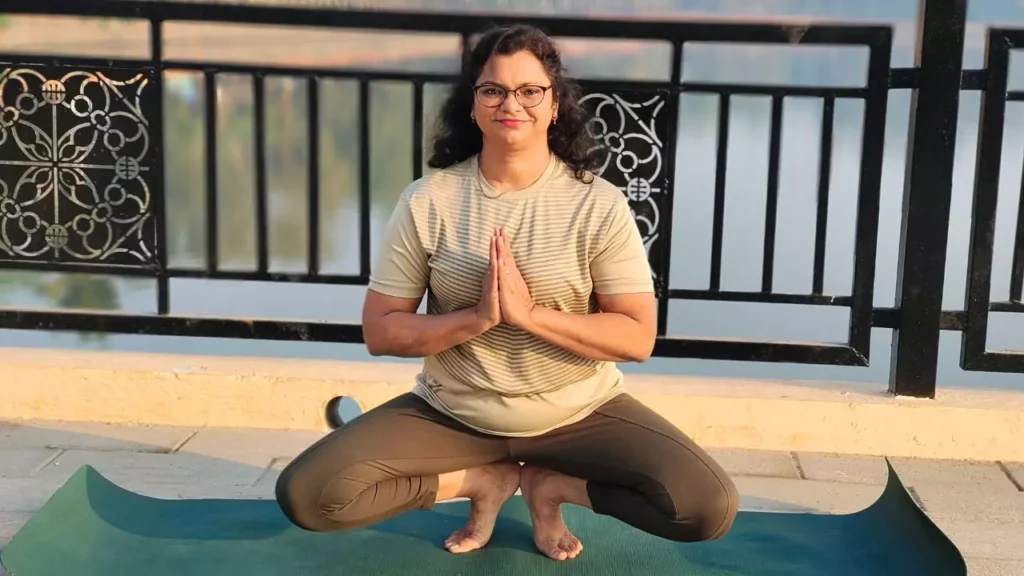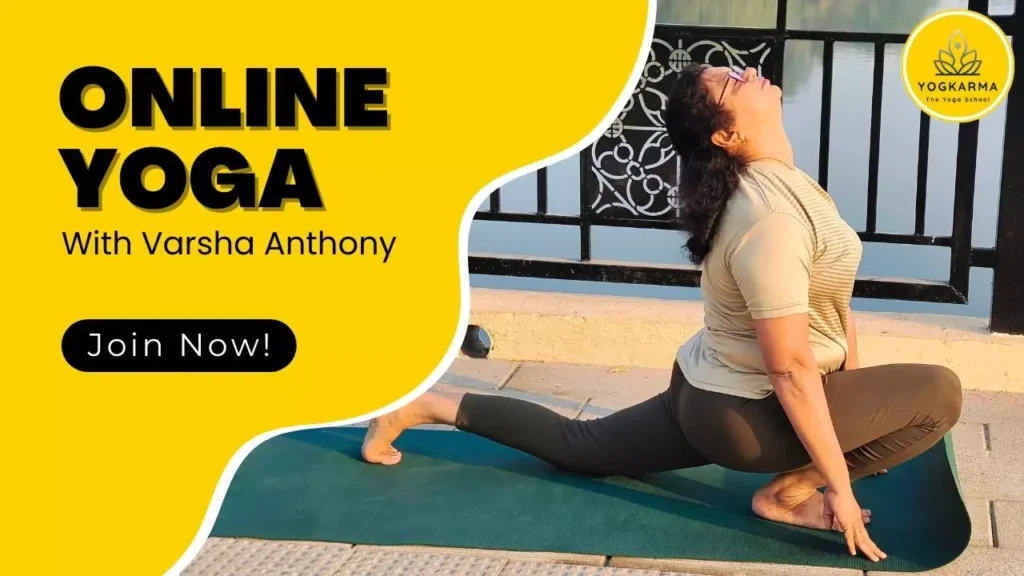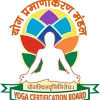
What Is Menopause?
Menopause is a natural biological process. Menopause is the time that marks the end of your menstrual cycles. It’s diagnosed after you’ve gone 12 months without a menstrual period. Menopause can happen in your 40s or 50s. Menopause a natural decline process in reproductive hormones when a woman reaches her 40s or 50s. Menopause is signaled by 12 months since last menstruation.
When a woman permanently stops having menstrual periods, she has reached the stage of life called menopause. Often called the change of life, this stage signals the end of a woman’s ability to have children.
In Simple language, if you don’t get your periods continuously for 12 months, then you can say you have hit menopause.
Symptoms of Menopause
The symptoms of menopause may be physically and emotionally destabilizing. They typically include.
- Aches and pains
- Bloating
- Fatigue
- Headaches
- Hot flashes
- Insomnia
- Irritability
- Night sweats
- Sexual issues
- Weight gain
Common symptoms of Menopause are hot flashes and vaginal dryness. There may also be sleep disturbances. The combination of these symptoms can cause anxiety or depression.
Some women don’t have any trouble with menopausal symptoms and may even feel relieved when they no longer need to worry about painful periods or getting pregnant. For other women, the menopausal transition can bring hot flashes, trouble sleeping, pain during sex, moodiness and irritability, depression, or a combination of these symptoms.
Treatment can help, but this condition can’t be cured. Vaginal dryness is treated with topical lubricants or oestrogen. Medications can reduce the severity and frequency of hot flushes.
But now a days Menopause hit early, and the common symptoms are feeling tired whole day, don’t feel to do anything, sad & depress feeling, Body Paining. Hot Flashes, Mood swings.
There are three stages of menopause:
- Perimenopause
- Menopause and
- Postmenopause
Perimenopause or you can say pre menopause is the time leading up to menopause. The transition phase before menopause is often referred to as perimenopause.
The common symptom of perimenopause is Hot flashes – increases the body temperature.
Hot flashes that happen at night are called Night sweats. A woman may wake up drenched in sweat and have to change her night clothes and sheets.
Changing hormones can cause some women to have an increase in facial hair or a thinning of the hair on the scalp.
Practical suggestions for coping with hot flashes include:
- Avoid foods and beverages that may cause hot flashes, like spicy foods, alcohol, coffee, tea, and other hot beverages.
- Drink more water or fruit juice when a hot flash starts. It will cool your body
- Reduce your stress level. Stress may worsen hot flashes.
- Use cotton sheets, cotton lingerie, and clothing that allow your skin to breathe.
Early menopause happens when a woman’s periods stop before the age of 45. It can happen naturally, or as a side effect of some treatments. For most women, the menopause starts between the ages of 45 and 55.
Most women begin menopause between the ages of 45 and 55, with an average age of 51. But for some women, menopause comes early. If you’re between the ages of 35 and 45 and have missed your period for three months or more, you may be going through menopause earlier than normal.
How to prevent Early Menopause?
Menopause can not be stopped, but early menopause can be prevent. It can be prevent through proper nutrition & physical exercises.
In Physical exercises, Yoga is best for early Menopause. Many asanas, in Yoga works wonderful to prevent early menopause.
YOGA for Menopause

As your body goes through menopausal changes, it may also experience changes associated with age, such as muscle loss and degenerating joints. All of these areas can be targeted for relief through certain yoga poses.
Yoga can reduce the emotional symptoms of menopause, doing more than just treating the physical pain.
- Yoga is Natural Remedy
- Yoga Relives Stress – A key componenet of Yoga is Pranayama. Pranayama yoga helps to enhance the oxygenated blood supply to the brain which in turn helps to reduce menopausal symptoms due to the hormonal changes. Savasana, or corpse pose, is a great way to reduce long-term stress and focus on the present moment.
- Yoga reduces Blood Pressure
- It promotes Joint Health
And many benefits of Yoga.



